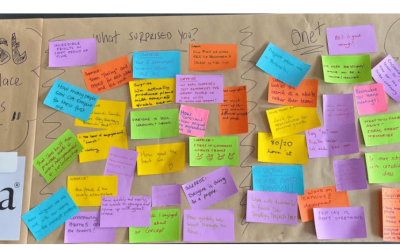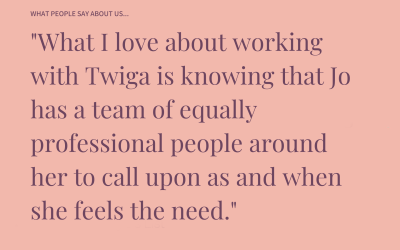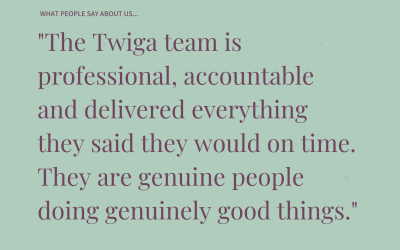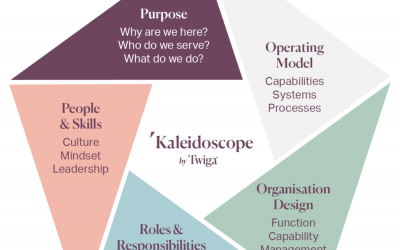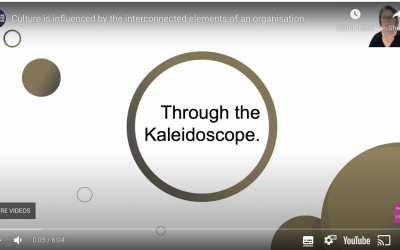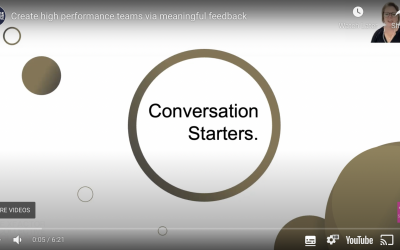TL;DR
- Not everyone can be the leader all the time
- The knowledge economy amplifies this as no one person can know everything
- When it isn’t your time to lead, are you a good follower?
Wandering through the bookshelf for inspiration, I came across an old article from Barbara Kellerman on the concept of followership. This got me thinking – do we consider followership when creating organisational culture?
The cult of leadership
In the current landscape of organisational thinking, being ‘the leader’ assumes a quasi-cult leader like status. Furthering the notion that occupying a leadership position represents the apex of achievement within any organisational or team structure. Such a notion appoints leadership with an unparalleled degree of esteem, positioning it as the most highly prized status. This hierarchical pinnacle becomes synonymous with success, fostering a culture wherein aspiring individuals strive relentlessly to ascend the organisational ladder.
Is this really what you organisation needs, everyone focused on being the best individual?
Good leaders know when to follow
Knowing when to lead and when to follow is useful in so many parts of life. However, in our knowledge-centric economy, where the currency of success lies in intellectual capital and innovation, the traditional hierarchical, individualistic model of leadership can often be insufficient in harnessing the full potential of organisational talent.
Leadership, and followership, needs to be considered situational.
Situational leadership suggests effective leadership is contingent upon the specific circumstances and demands of a given situation. Similarly, followership involves adapting one’s actions and behaviours in response to changing contexts and leadership styles.
Does your organisation recognise the situational aspects of leadership?
Promoting a culture of followership
Followership, like leadership, is not something which arises from a vacuum. Amongst the programs, systems, rewards, etc. used to promote leadership, do you also recognise and promote followership?
To promote a culture of followership, Scholar Barbara Kellerman, provides some relevant thoughts.
1. Value critical thinking
Kellerman emphasises the importance of followers engaging in critical thinking and independent analysis. Rather than blindly following leaders, followers should actively evaluate decisions, policies, and directions proposed by leaders, contributing their insights and perspectives to the decision-making process.
2. Leverage employee engagement
Followership, according to Kellerman, entails active engagement and participation in organisational activities. Followers should not passively comply with directives but should instead take initiative, demonstrate commitment, and contribute their skills and talents to achieving collective goals.
3. Celebrate courageous moments
Kellerman advocates for “courageous followership,” wherein followers are willing to challenge and hold leaders accountable when necessary. Followers should speak up against unethical behaviour, incompetence, or decisions that may harm the organisation or its stakeholders, even in the face of resistance or adversity.
4. Demonstrate shared values
Kellerman underscores the importance of followers adhering to ethical principles and values in their interactions with leaders and colleagues. Followers should act with integrity, honesty, and fairness, even when faced with pressure or temptation to compromise their principles.
5. Collaboration and teamwork
Followership involves collaborating effectively with leaders and fellow followers to achieve shared objectives. Followers should demonstrate a willingness to work collaboratively, communicate openly, and support their colleagues, fostering a culture of teamwork and mutual respect within the organisation.
When individuals, regardless of role, hierarchy or job title, embody these attributes an organisation can amplify followership as an aspirational task, embed situational leadership leading to clear improvement in organisational culture, employee engagement and in market performance.
Curious?
To learn more please contact us at Twigagroup.com.au.








